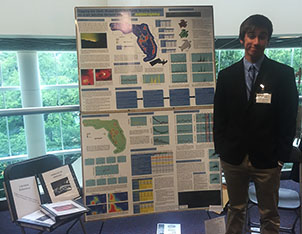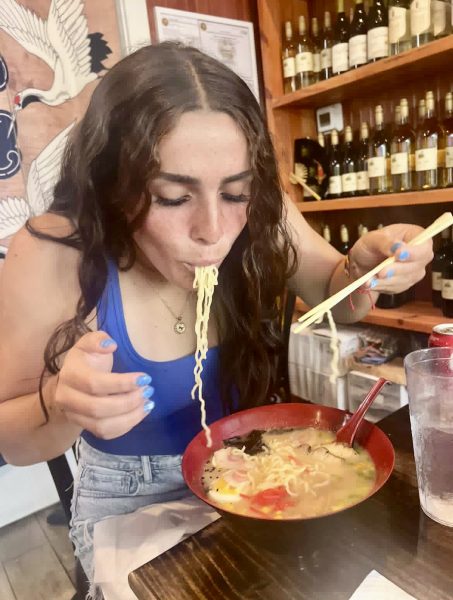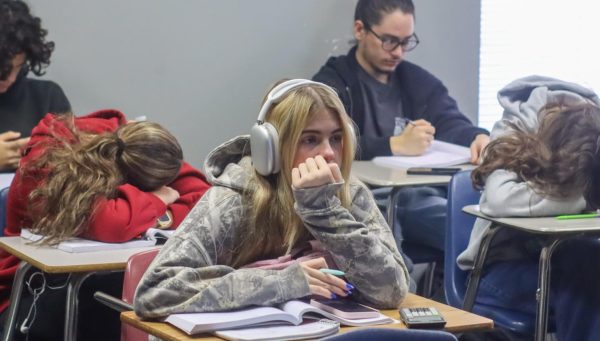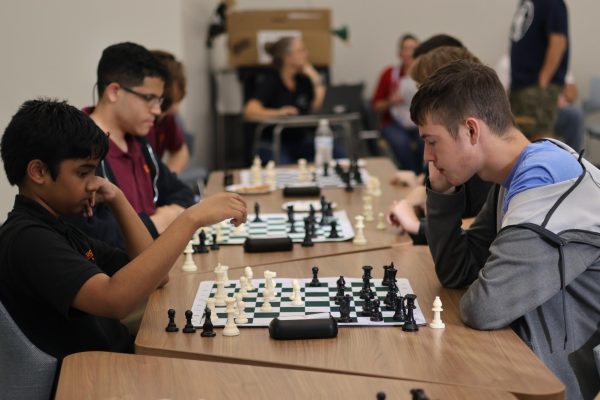Weis guy

While most students count down the days to summer, sophomore Zachary Weishampel will have to wait a little longer to relax, as he prepares to present his award-winning science project, titled “Digging in the Dark,” in New York City.
From May 28, the first day of vacation, through May 30, Weishampel will be at the American Museum of Natural History presenting his work, a project that describes how sea turtle nesting is affected negatively by the artificial lighting of satellites. Weishampel will also receive an award for being the tenth grade finalist for the Young Naturalist Award, explore the museum behind the scenes, and potentially have the chance to meet his favorite scientist, Neil DeGrasse Tyson.
“It is an honor to have been chosen out of a very competitive group of finalists,” Weishampel said. “It should be a great experience and will look outstanding for colleges.”
Weishampel started his work in June 2014 and has since gained national attention from his participation in multiple science fairs. He was able to acquire 21 years of data with the satellite imagery through the National Geophysical Data Center and the sea turtle nesting data through the Fish and Wildlife Research Institute.
“People act confused when they hear about the 21 years of data,” Weishampel said. “It’s funny to see the looks on their faces because obviously I’m not 21, it’s just where I got the data.”
Weishample has always been fascinated with sea turtles.
“Every other year I go out with my father to watch the sea turtles,” Weishampel said. “Sea turtles have always been interesting to me because they’ve been around since the dinosaur age, are a major sentinel of ocean health and a significant part of the ocean food web.”
Weishampel’s father is a professor of biology at the University of Central Florida, so he has always had science in his blood. However, he prefers math.
Teachers also have paid an increasing amount of attention to Weishampel’s work. Experimental science teacher Sarah Evans and chemistry teacher Romina Jannotti played a role in Weishampel’s experiments. They both helped with higher order critical thinking and presentation to encourage his success.
“Zack learned a lot during his time in class and did extremely well in the academic competitions last year, which of course laid the foundation that helped him develop his excellent research this year,” Evans said.
Although Weishampel’s focus is on New York, in early May he plans to participate in the Google Science Fair: a yearly worldwide science competition hosted by Google.
“I am definitely excited for the Google Science Fair and hope I place as a finalist to get more national attention,” Weishampel said. “I cannot wait, but New York is my focus.”
Your donation will support the student journalists of Hagerty High School. Your contribution helps us publish six issues of the BluePrint and cover our annual website hosting costs. Thank you so much!






